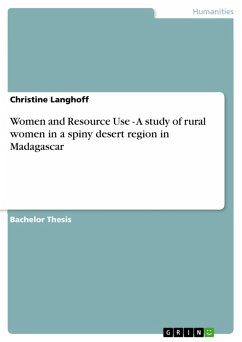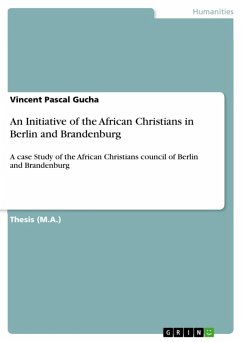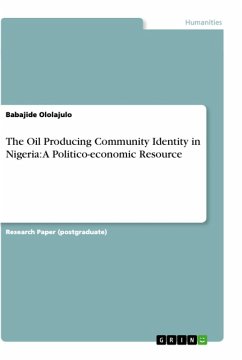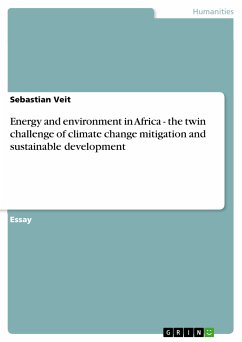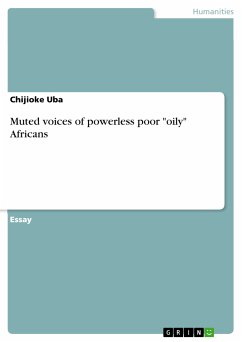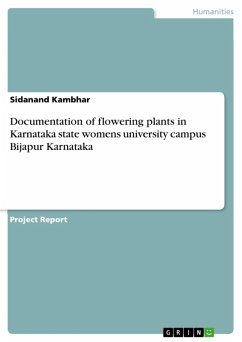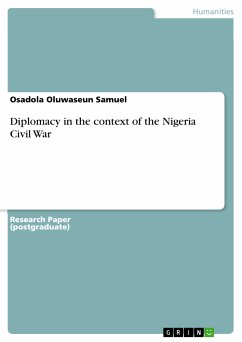Bachelor Thesis from the year 2004 in the subject African Studies - Culture and Applied Geography, grade: 2.1 (68.00), Oxford University, language: English, abstract: In many places throughout the developing world, women have a central role in growing food crops, collecting water and fuel-wood, and using materials from plants, trees, and marine ecosystems to prepare medicines for their families or products for sale in markets (WWF, 2002c). For example, women in sub-Saharan Africa are the backbone of the agricultural sector, accounting for 70% of agricultural labour and being responsible for 60% of agricultural production and 80% of food production (Kabeer, 1994). Yet this critical work is often overlooked and many women have little opportunity to participate in decisions about their community's natural resources or join training and capacity-building initiatives designed to promote sustainable resource management (WWF, 2002c). This dissertation seeks to argue that rural women in Madagascar are very important in the management of natural resources; indeed this is one of the main aspects conservationists have to deal with when considering the sustainable use of natural resources (WWF, 2002c; UN, 2000; Ngong and Arrey, 2003). Having discussed the major areas of rural women's work in Africa and their implications for the environment, this dissertation will explore the role of rural women in Madagascar to exemplify the issues associated with resource use in a biodiversity hotspot. First, general research on the topic will be introduced followed by a specific case study of Antandroy women in Analoalo, a village in the Spiny Forest of South-Eastern Madagascar. The dissertation will conclude by examining the importance of women in the use of natural resources and ways in which they could be integrated into sustainable rural development. The question of how rural women can be involved in the conservation of their local environment has become a contentious issue (Rodda, 1991; UN, 2000) and one which needs to be explored. It should be noted that any efforts to involve rural women in conservation projects also need to concentrate on improving the quality of life in rural areas in general, including a sustainable rural economy. Before exploring the case study, I review the major areas of the work of rural women in sub-Saharan Africa showing how closely linked it is to their use of natural resources. Further, the implications for conservation will be highlighted.
Dieser Download kann aus rechtlichen Gründen nur mit Rechnungsadresse in A, B, BG, CY, CZ, D, DK, EW, E, FIN, F, GR, HR, H, IRL, I, LT, L, LR, M, NL, PL, P, R, S, SLO, SK ausgeliefert werden.

